Fiction books, a curious artifact of human culture, have long been employed as a means of examining the human mind. Through the medium of imaginative narratives, authors have endeavored to dissect the complexities of human emotion, thought, and behavior, offering a window into the depths of the human psyche.
This article shall explore a selection of fiction books that elucidate the enigmas of human psychology, peeling back the layers of consciousness to reveal the drives, impulses, and conflicts of the human mind. Explore these books with us that shall walk you through human psychology.
List Of 10 Fiction Books On Human Psychology
A Man Who Mistook His Wife For A Hat by Oliver Sacks
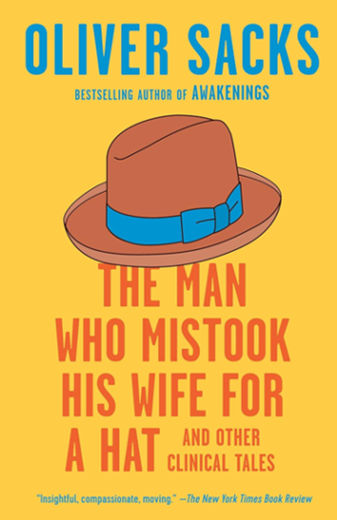
“A Man Who Mistook His Wife For A Hat” by Oliver Sacks is a fascinating book that explores the intricacies of the human brain and its ability to perceive reality. The main character, Dr. P., is a brilliant neurologist who is struggling to come to terms with his wife’s sudden transformation into a hat. This bizarre scenario serves as a metaphor for how our brains can misinterpret reality, leading us to see the world in unexpected ways.
Through Dr. P.’s journey, Sacks sheds light on various cognitive disorders and how they affect our perceptions, memories, and behaviors. By reading this book as a psychology book, readers gain a deeper understanding of the complexities of the human mind and the many factors that influence our thoughts, emotions, and actions. Ultimately, “A Man Who Mistook His Wife For A Hat” is a thought-provoking and engaging read that challenges us to question our assumptions about reality and encourages us to explore the wonders of the human psyche.
Flowers for Algernon by Daniel Keyes
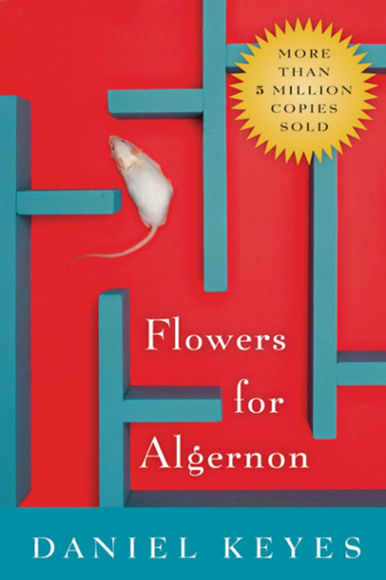
“Flowers for Algernon” by Daniel Keyes explores the themes of intelligence, identity, and the human condition. This book offers profound insights into the workings of the human mind and how our thoughts, feelings, and behaviors are intertwined.
Through the protagonist Charlie Gordon’s journey, we witness the transformative power of education and the impact it can have on an individual’s self-concept. We also see how societal expectations and pressures can shape our identities and limit our potential. As we follow Charlie’s progress, we are forced to confront our own beliefs and biases and consider the role that empathy and compassion play in our interactions with others. By reading “Flowers for Algernon” as a psychology book, we gain a deeper understanding of the complexities of human nature and how we can foster personal growth and development.
Dostoevsky Novels
Dostoevsky’s works are not just literary masterpieces but also offer profound insights into the human psyche. His novels, such as “Crime and Punishment” and “The Brothers Karamazov,” dig deeper into the minds of his characters, exposing their thoughts, emotions, and motivations. Through their struggles and conflicts, Dostoevsky reveals the complexities of human nature, including the darker aspects of human behavior. His works offer a window into the human experience, allowing readers to gain a deeper understanding of themselves and the world around them.
By reading Dostoevsky’s books as psychology books, readers can gain valuable insights into the human condition, including the effects of poverty, isolation, and mental illness on individuals. Moreover, Dostoevsky’s novels highlight the importance of morality, religion, and philosophy in shaping human behavior and beliefs. His works provide a rich source of material for anyone interested in exploring human psychology and the factors that influence human behavior.
The Bell Jar by Sylvia Plath

“The Bell Jar” by Sylvia Plath is a haunting and deeply personal novel that offers a piercing insight into human psychology. Through the eyes of its protagonist, Esther Greenwood, we witness the slow unraveling of a young woman’s mental health, as she grapples with the suffocating expectations of society and her own internal demons. The book takes us on a journey through the dark corners of Esther’s mind, where we encounter themes of depression, anxiety, and the struggle for identity.
By reading “The Bell Jar” as a psychology book, you will gain a deeper understanding of the complexities of mental illness and how it can affect even the most seemingly privileged individuals. We are invited to reflect on the societal pressures that contribute to mental health issues, and how we can work towards creating a more supportive and inclusive environment for those who are struggling. Through Esther’s story, we are reminded of the importance of empathy, self-compassion, and the power of vulnerability in the face of adversity.
The Silent Patient by Alex Michaelides
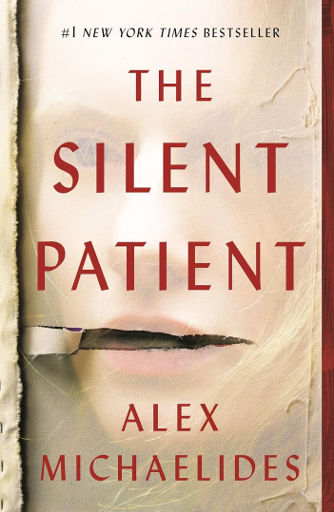
Through the story of Alicia Berenson, a famous painter who shoots her husband and then remains silent for years, we gain a nuanced understanding of the complexities of human behavior and the power dynamics at play in relationships. The book takes us through Alicia’s inner world, revealing the hidden motives, desires, and fears that drive her actions.
By reading “The Silent Patient”, you will get valuable insights into the human condition, including how trauma, shame, and guilt can shape our behavior and the importance of empathy and understanding in breaking down barriers and fostering meaningful connections. We are also invited to reflect on the role of silence and communication in relationships and how they can both be used as tools for control and manipulation. Through Alicia’s story, we are reminded of the complexity of human nature and the importance of approaching each other with compassion and understanding.
The Haunting Of Hill House by Shirley Jackson
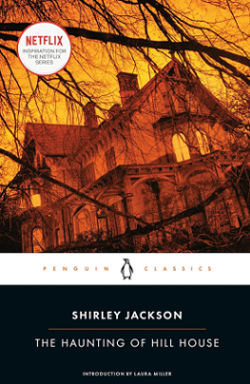
“The Haunting of Hill House” by Shirley Jackson is a classic horror novel that explores the themes of trauma and anxiety. The story follows four individuals who venture to Hill House, a mysterious mansion with a dark history, in search of answers to their deepest fears and insecurities. But as they dig deeper into the house’s secrets, they begin to realize that the true terror lies within themselves.
Through the lens of human psychology, this book offers a chilling examination of the human mind and its capacity for self-destruction. You will see how the characters’ past experiences and emotional scars shape their perceptions and behaviors, leading them down a path of self-imposed torture. The house itself becomes a symbol of the mind’s tendency to torment itself, with its labyrinthine corridors and ever-changing rooms representing the twists and turns of the human psyche. By reading “The Haunting of Hill House” you will gain a deeper understanding of the psychological mechanisms that govern our thoughts, emotions, and behaviors, and how these can lead us down a path of destruction if left unchecked.
Eleanor Oliphant is Completely Fine by Gail Honeyman
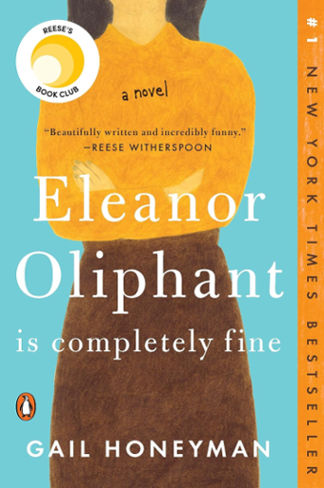
“Eleanor Oliphant is Completely Fine” by Gail Honeyman is a heartwarming and thought-provoking novel that offers a unique perspective on the human experience. Through the eyes of Eleanor, a socially awkward and isolated girl, we gain a deeper understanding of the complexities of the human mind and how our past experiences shape our present. The book explores the themes of trauma, loneliness, and social anxiety, but also offers a message of hope and resilience.
By reading this book, you will gain insights into how our brains process emotions and how our thoughts and behaviors are influenced by our past experiences. You also learn about the importance of empathy and understanding in building meaningful relationships and how small acts of kindness can have a profound impact on someone’s life. Through Eleanor’s journey, we are reminded that everyone has a story to tell and that it’s never too late to make positive changes in our lives.
Sharp Objects by Gillian Flynn

“Sharp Objects” is a psychological thriller that delves deep into the dark recesses of the human mind. The story follows Camille Preaker, a journalist who returns to her hometown to cover a series of gruesome murders, only to find herself confronting her own troubled past. Through Camille’s journey, the book explores themes of childhood trauma, mental illness, and the devastating effects of abuse.
With a keen eye for detail, Flynn exposes the cracks in Camille’s facade, revealing a complex web of emotions and motivations that are both haunting and relatable. As you navigate through the twists and turns of the plot, you have a deeper understanding of the psychological forces that shape our behaviors, our relationships, and our very sense of self. Ultimately, “Sharp Objects” is a gripping tale of survival, recovery, and the power of facing our darkest fears head-on.
The Portrait of a Lady by Henry James
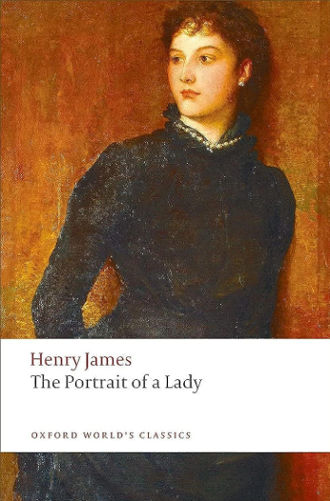
“The Portrait of a Lady” is a profoundly psychological novel that explores the inner world of its protagonist, Isabel Archer. Through James’ masterful prose, we gain intimate access to Isabel’s thoughts, feelings, and motivations, witnessing firsthand the subtle machinations of her mind as she navigates the complexities of her life. The book is a trenchant study of the human condition, exploring themes of identity, autonomy, and the quest for meaning in a confusing world.
With a gentle yet unflinching touch, James guides us through the labyrinth of Isabel’s psyche, revealing the myriad influences that shape her choices and the consequences that flow from them. In the end, “The Portrait of a Lady” emerges as a powerful portrait of the human condition, one that challenges us to reflect on our own lives and how we interact with the world around us.
The Picture of Dorian Gray by Oscar Wilde
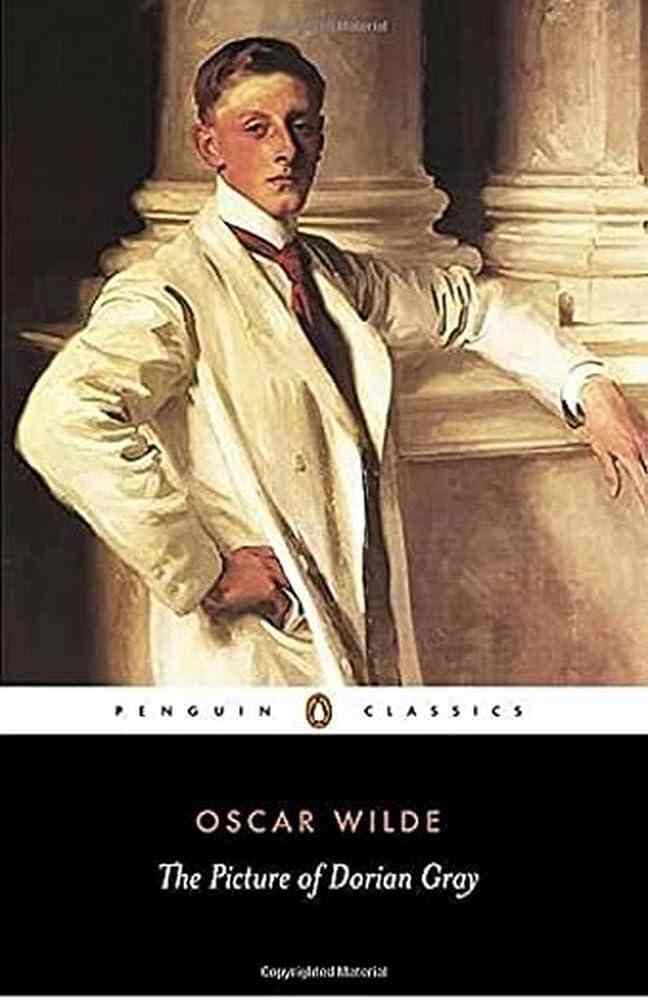
“The Picture of Dorian Gray” explores the themes of vanity, morality, and the blurred lines between good and evil. Through the titular character, Dorian Gray, we witness the devastating consequences of narcissism and the obsessive pursuit of youth and beauty. Wilde masterfully crafts a narrative that exposes the dark underside of human nature, revealing how our desire for physical perfection can consume us, leading us down a dangerous path of self-destruction.
With piercing insight, Wilde examines the human condition, shedding light on the flaws and weaknesses that exist within us all. As we turn the pages, we are forced to confront our own fears, desires, and moral beliefs, making this book a thought-provoking and haunting read.
